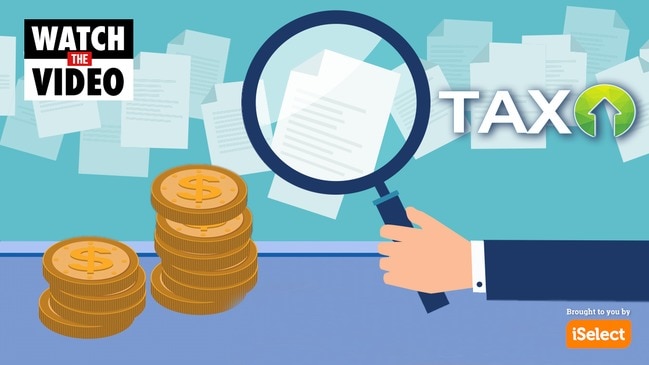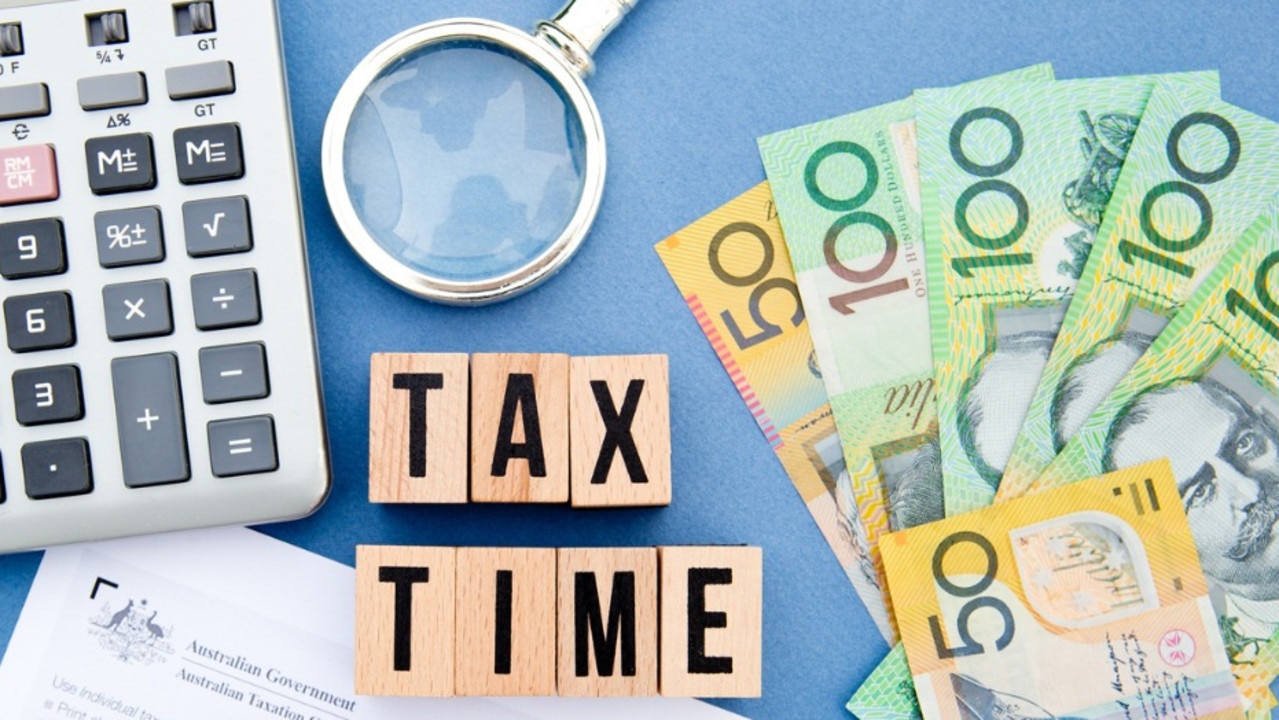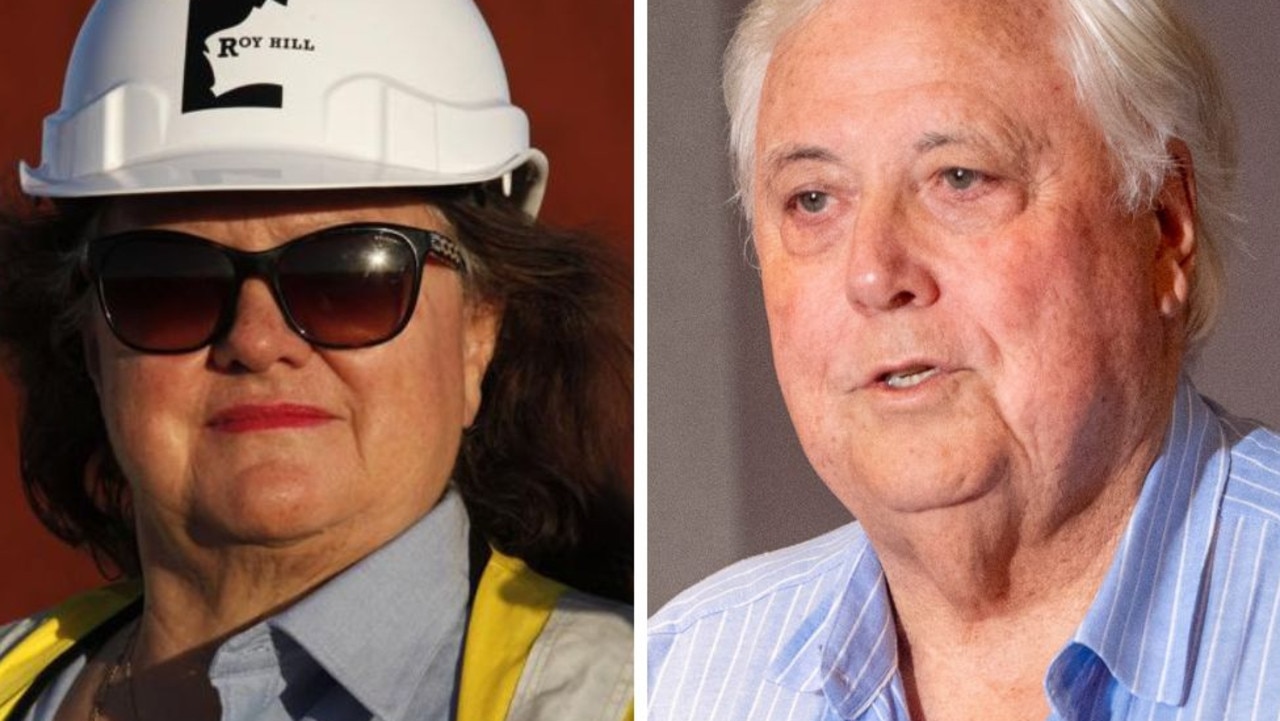Australia’s broken tax system costing $50b a year
There have been calls for huge changes including income tax cuts, removing tax breaks for property investors and universal free childcare.

Trying to comply with Australia’s tax laws, which span more than 10,000 pages, is costing $50 billion a year and is over 14 times the amount of what it takes to run the Australian Taxation Office, the Tax Institute has warned.
It’s calling for long overdue changes to the tax system including income tax cuts, universal free childcare and an end to tax breaks for property investors.
The Tax Institute, which is a leading group for taxation experts, has released a 287 page report calling for changes, including raising GST rates but lowering income taxes for Aussies.
Andrew Mills, director of tax policy and technical at the Tax Institute, said that inefficient taxes are costing even more in lost economic growth.
He added that 12 years ago the Henry tax review estimated that compliance with the tax law costs $40 billion each year, but since then greater complexity has been piled onto the tax system for everyone.
“The true cost is likely over $50 billion now − over 14 times what it costs to run the ATO,” he said.
“A huge part of that cost is avoidable if we address the systemic issues of our system instead of continuing to tweak around the edges. You can put as many band-aids as you like on a broken limb, but it doesn’t change the fact that it’s broken. We need significant intervention, and we need expertise to undertake the right surgery.”
RELATED: ATO chasing $284m in payments

The wrong kind of taxes
Australia raises too much revenue from income taxes with both personal and corporate accounting for 60 per cent of revenue, according to the Tax Institute.
“With a warranted focus on productivity and jobs, it makes no sense to rely so heavily on taxing personal income. Australia’s aging population also means that as an entire generation prepares to retire a huge gap will be left in our tax revenue,” Mr Mills said.
“There are simply not enough younger workers contributing income tax into the system to support the number of retirees in a sustainable way, unless we look at other revenue streams.”
These days, its common knowledge in personal finance circles that diversified income streams put you in a more secure position than relying on a single income source, he added.
“The same applies to our overall economy – by relying so heavily on a small number of taxes, we are raising our economic risk. And when you look at who is paying those taxes more closely it is clear that there is what is referred to as a concentration risk. For example, a very high proportion of our company taxes are paid by a very small number of companies,” he said.
“A tendency towards backing what is (wrongly) perceived as politically safe policy has had a damaging effect on Australia’s ability to develop sound tax policy and law. While that may seem easier in the short term, avoiding the real conversation of what tax reform needs to happen, and avoiding necessary, but perhaps harder to sell, changes hurts all Australians.”
RELATED: What the ATO is targeting this tax year

The Tax Institute has argued that increasing GST to cover fresh food, health and education could lower income tax rates, while the report also suggested cutting corporate tax rates for big business to 25 per cent, a drop of 5 per cent.
“Without increasing the GST rate from 10 per cent, broadening the base to include some of the main items currently exempt from GST could increase revenue by $21 billion,” the report noted.
It also suggested a scenario where fresh food and healthcare could be taxed at a lower rate of 5 per cent, while GST is raised to 12.5 per cent, which would bring in potential revenue of $25 billion.
“Where all items attracting GST, including those currently exempt items, are taxed at 12.5 per cent, the revenue increase is $40 billion,” the report said.
An increase to GST to 12.5 per cent just to existing items would raise an extra $14 billion, it found.
However, if GST was raised or expanded there would need to be “a reduction in income tax rates to compensate low- and middle-income earners”, added the report.
To balance out the impact of a higher GST, government could consider options such as increasing income support payments to those households through direct payments like family tax benefits, Newstart and the age pension, as well as tax cuts, noted Mr Mills.

Real estate
Property along with superannuation is contributing to wealth inequality, the report noted.
“It is estimated that over the next two decades, Australians over 60 years of age will transfer $3.5 trillion in wealth,” it said.
“Notably, around 78 per cent of the estimated wealth transferred will go to roughly 20 per cent of recipients.”
But it did not think the introduction of an inheritance tax would be particularly useful, noting that it also should only be charged for transfers over $2.5 million.
The report also suggested abolishing the use of stamp duty and land taxes and instead introducing an annualised property tax, which is currently being considered by the NSW government.
It has also recommended limiting tax breaks like negative gearing and the capital gains tax (CGT) discount, with experts blaming these policies for pushing up real estate prices.
Calls to scrap the ability to deduct losses on investments from salary and wage income was also flagged in the report.

Tax cuts for parents
Universal free childcare or more generous subsidies is needed to help parents, according to the report, otherwise they lose out when returning to work.
“Primary carers can face a net cost of working an additional day once effective marginal tax rates are added to the cost of childcare itself,” it stated.
“This should be regarded as one of the most fundamental failures of our system.”
Mr Mills added that the taxation system’s role is to fund the community and help it grow.
“To build roads and parks, fund public programs, medical and education services and pay pensions,” he said.
“Right now, we’re in danger of it doing the opposite and ending up with a tax system that is an economic drain and a source of distrust between people, businesses and government.”
A very complex tax system
There’s more than 10,000 pages covering 125 taxes, with dozens of anti-avoidance measures and countless complex concessions, according to Mr Mills.
Yet, ten of those taxes raise 90 per cent of Australia’s tax revenue, he noted.
“There is a glaring lack of trust in the way our tax system is administered, which also contributes to the complexity and compliance costs. Much of the complexity arises when regulators tack on extra detail or anti-avoidance measures designed to ensure taxpayers are meeting their obligations,” he said.
“Considering the ATO collected 93 per cent of its expected tax revenue in the 2017-2018 financial year, mainly from voluntary compliance, the added complexity is hard to justify.”




